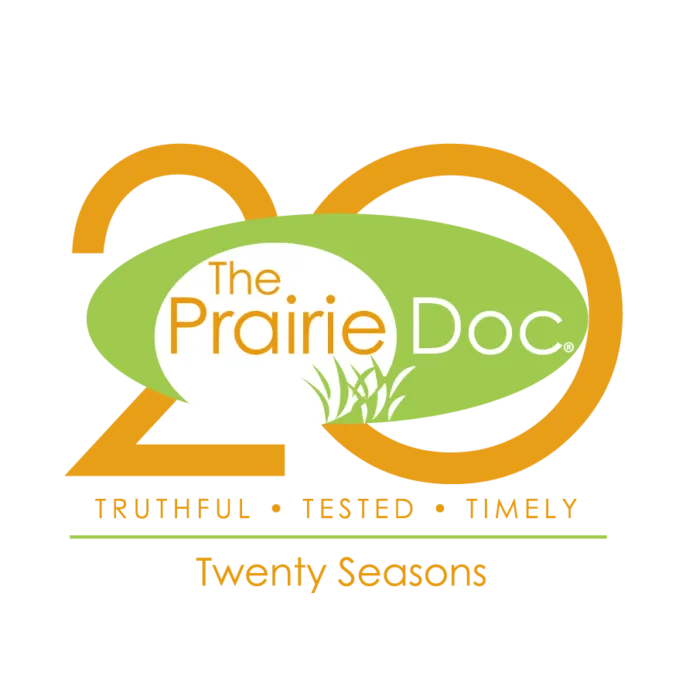Our brain releases chemicals into our body that impact functions in our body, such as our mood. There are four chemicals that commonly support “feeling good,” and they are also known as “happiness chemicals.” These four chemicals are dopamine, oxytocin, serotonin, and endorphins.
Dopamine provides us with pleasure, motivation, and learning. Known as the reward chemical, dopamine may help us feel determined to accomplish our goals or meet our needs. Oxytocin is often known as the love hormone, and it creates a feeling of trust and security in maintaining relationships and bonding with others. Serotonin is often known as the mood stabilizer, and is the chemical that helps in regulating our moods. It often helps us with accepting ourselves, the people around us, and feeling significant within our relationships. Finally, endorphins are the natural “pain killer” in our body that releases a response to pain or stress to help in alleviating physical pain, anxiety, or depression. When we have a deficiency in each of these hormones, it can affect us in negative ways.
Dopamine deficiencies can lead us to procrastinate, have low self-esteem, lack motivation, have low energy, feel fatigued, struggle to focus, and feel anxious or hopeless. Natural ways to increase dopamine levels in our body may include mediation, self-care, creating long term goals, creating a daily to-do list to maintain organization, celebrate small wins, regular exercise, and being creative through writing, music or art.
Oxytocin deficiencies can leave us feeling lonely, stressed, lack motivation, have low energy or fatigue, feel disconnected, feel anxious, and experience insomnia. Some natural ways to increase oxytocin may include physical touch from a loved one, socializing, massage, acupuncture, listening to music, regular exercise, meditation, or giving others compliments.
Serotonin deficiencies can lead to low self-esteem, feeling overly sensitive, feeling anxiety, having panic attacks, mood swings, feeling hopeless, feeling nervous about social events, experiencing obsessions, and experiencing insomnia. Natural ways to increase serotonin may be spending time outdoors, meditating, regular exercise, cold showers, sunlight and massage.
Endorphin deficiencies can lead to anxiety, depression, mood swings, aches and pains, insomnia and impulsive behavior. Natural ways to increase endorphins may be laughing, creating music, art or writing, eating spicy foods, regular exercise, stretching, massage, and helping others.
By working to become aware of deficiencies we may be experiencing within our body, we can implement natural skills to increase release of the happiness chemicals. This is one positive way we can take care of our mental health and increase our mood in a positive way.
Curstie provides outpatient therapy for across the lifespan for adults, adolescents, and children starting at age 4. She utilizes a trauma-informed approach for people struggling with anxiety, depression, abuse, trauma, interpersonal issues, grief and social and emotional wellness. Her practice includes play therapy, solution-focused therapy, strengths-based therapy, and cognitive behavioral therapy and mindfulness
strategies. Follow The Prairie Doc® at www.prairiedoc.org and on Facebook featuring On Call with the Prairie Doc® a medical Q&A show providing health information based on science, built on trust for 22 Seasons, streaming live on Facebook most Thursdays at 7 p.m. central.



